Artificial Intelligence & Data Science
This Course is currently Managed By Computer Engineering Department.
2) To develop partnership with industries, government agencies and Research and Development organizations for knowledge and resource sharing.
3) To encourage faculties and students to participate in reputed conferences, workshops, seminars and other such technical activities.
4) To motivate students/graduates to be entrepreneurs.
5) To impart human and ethical values among students in the service of society.
Program Educational Outcomes (PEO) of Computer Engineering
Graduates will…
1. Solve real life problems related to Computing.
2. Develop computing solutions to the business and societal needs.
3. Pursue higher studies, carry out R&D, imbibe high degree of professionalism or become entrepreneur.
4. Embrace life-long learning.
5. Work and excel in a highly competitive and multicultural environment by abiding legal and ethical responsibilities.
Program Outcomes
Engineering Graduates will be able to:
1. Engineering knowledge: Apply the knowledge of mathematics, science, engineering fundamentals, and an engineering specialization to the solution of complex engineering problems.
2. Problem analysis: Identify, formulate, review research literature, and analyze complex engineering problems reaching substantiated conclusions using first principles of mathematics, natural sciences, and engineering sciences.
3. Design/development of solutions: Design solutions for complex engineering problems and design system components or processes that meet the specified needs with appropriate consideration for the public health and safety, and the cultural, societal, and environmental considerations.
4. Conduct investigations of complex problems: Use research-based knowledge and research methods including design of experiments, analysis and interpretation of data, and synthesis of the information to provide valid conclusions.
5. Modern tool usage: Create, select, and apply appropriate techniques, resources, and modern engineering and IT tools including prediction and modeling to complex engineering activities with an understanding of the limitations.
6. The engineer and society: Apply reasoning informed by the contextual knowledge to assess societal, health, safety, legal and cultural issues and the consequent responsibilities relevant to the professional engineering practice.
7. Environment and sustainability: Understand the impact of the professional engineering solutions in societal and environmental contexts, and demonstrate the knowledge of, and need for sustainable development.
8. Ethics: Apply ethical principles and commit to professional ethics and responsibilities and norms of the engineering practice.
9. Individual and team work: Function effectively as an individual, and as a member or leader in diverse teams, and in multidisciplinary settings.
10. Communication: Communicate effectively on complex engineering activities with the engineering community and with society at large, such as, being able to comprehend and write effective reports and design documentation, make effective presentations, and give and receive clear instructions.
11. Project management and finance: Demonstrate knowledge and understanding of the engineering and management principles and apply these to one’s own work, as a member and leader in a team, to manage projects and in multidisciplinary environments.
12. Life-long learning: Recognize the need for, and have the preparation and ability to engage in independent and life-long learning in the broadest context of technological change.
PROGRAM SPECIFIC OUTCOMES (PSO)
Students will be able to…
1. Apply the fundamental knowledge of computer engineering to develop computer programs / computer-based systems in the areas of algorithms, networking, web design, cloud computing, IoT and data analytics of varying complexity.
2. Apply the core concepts of information assurance and security, system architecture, system administration, maintenance and integration, to handle real-time software projects.
3. Opt for start-ups by practicing the technical skill and ethical values cultivated.
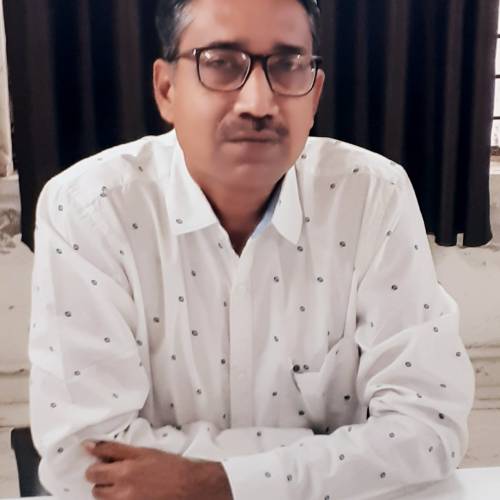
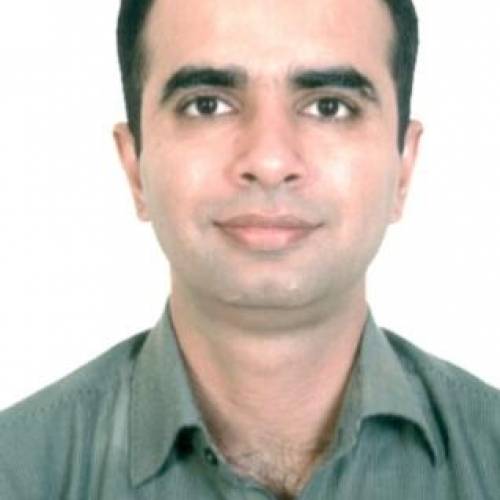
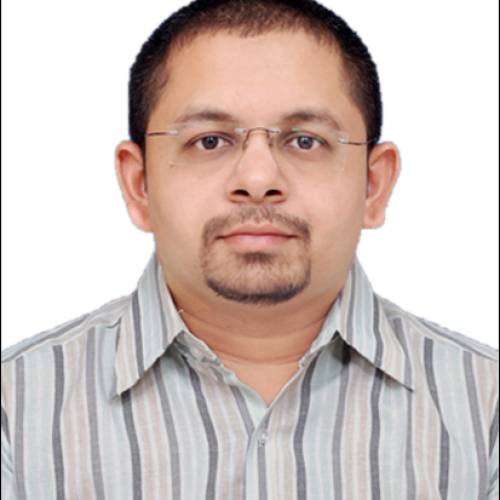
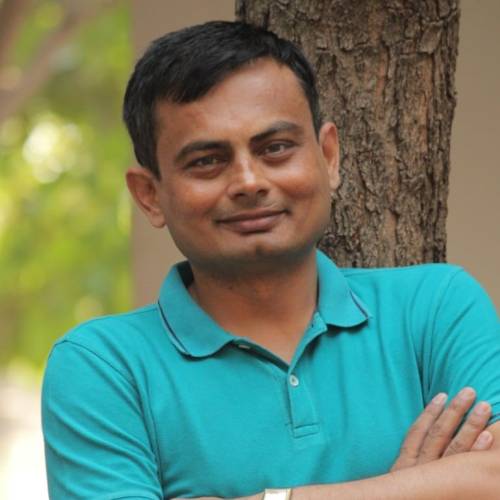
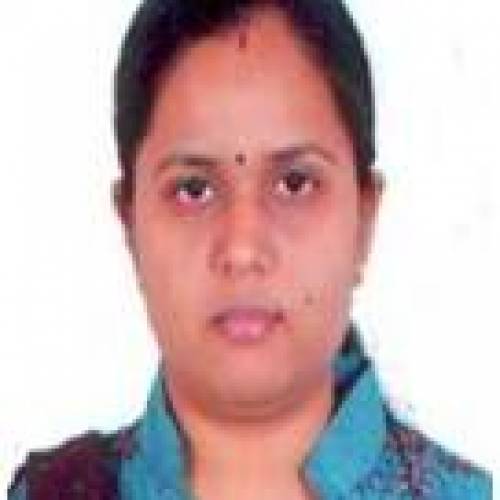
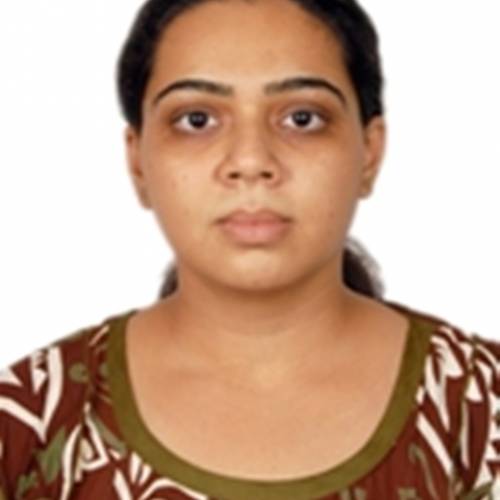
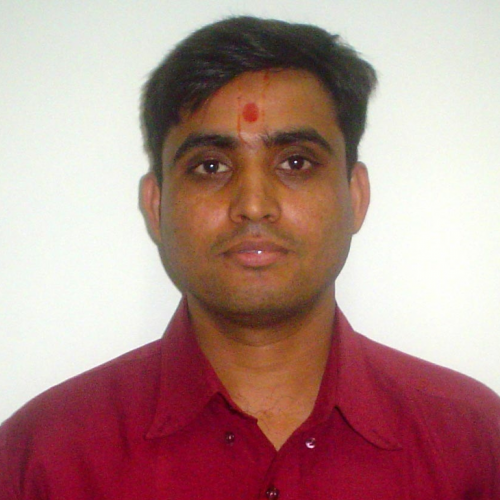
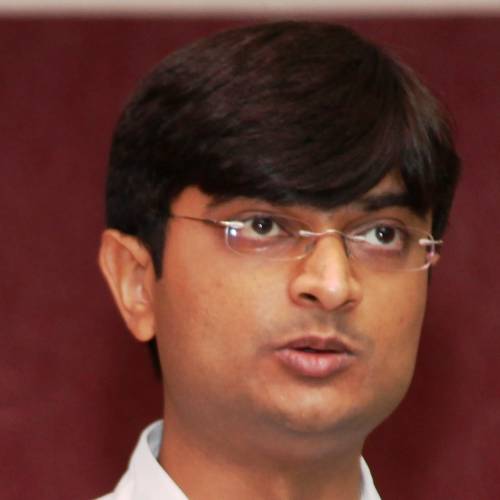

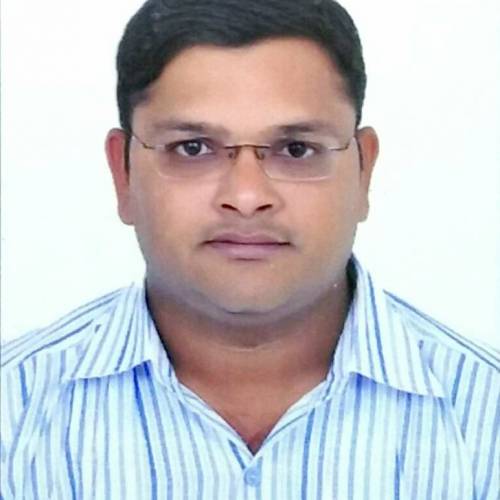
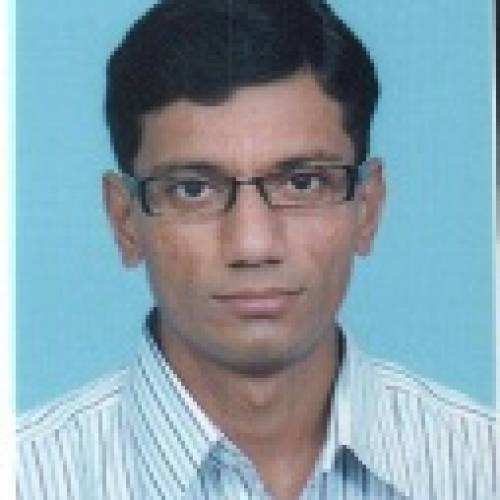
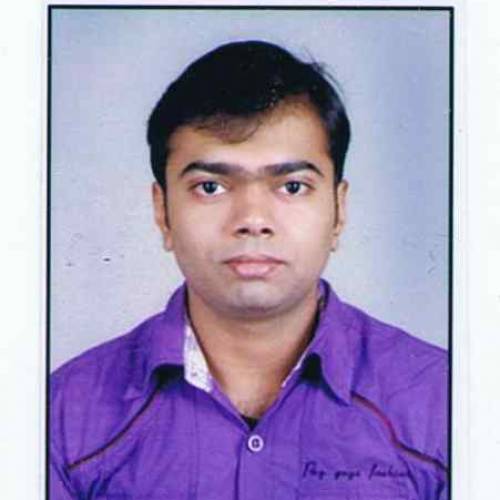

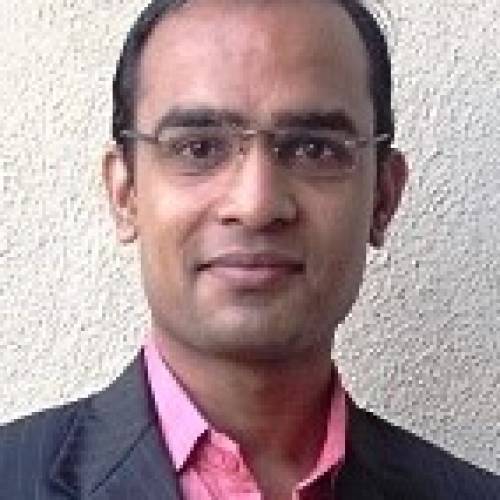
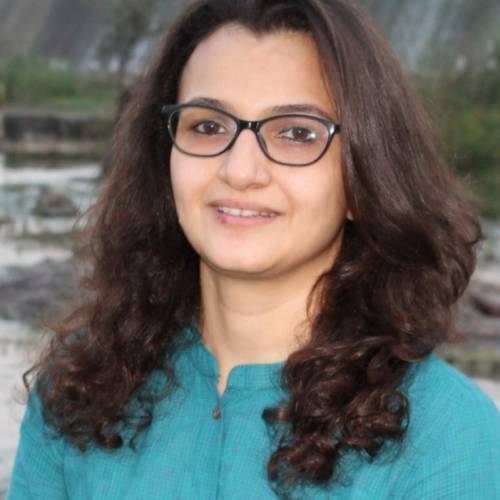
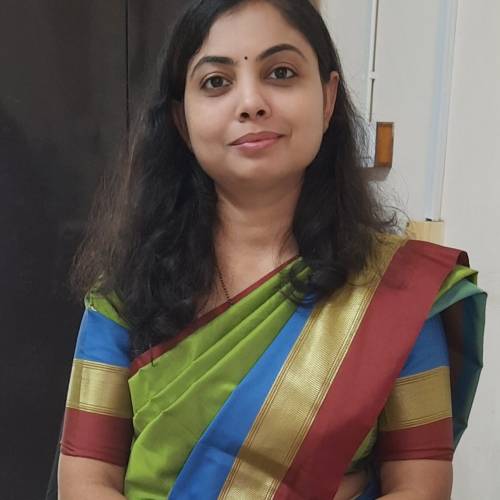

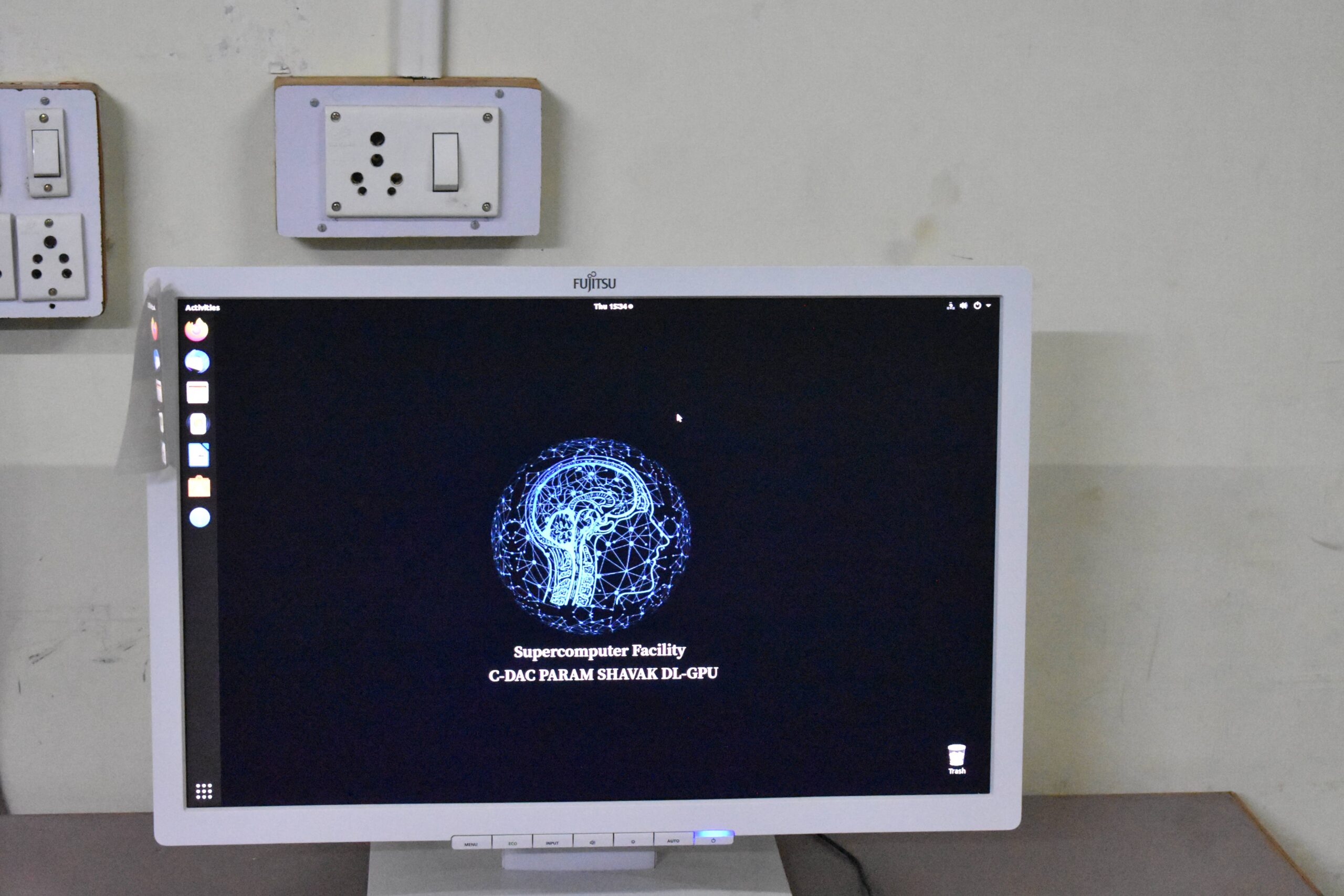
Super Computer – Param Shavak
GUJCOST has setup a Supercomputer facility – PARAM Shavak, at Computer Engineering Department of Government Engineering College-Rajkot in December 2017. To contribute to the research and development of India, C-DAC has developed a low cost and an energy efficient solution, which is as good as a supercomputer in a box namely – PARAM Shavak DL (Deep Learning) GPU. PARAM Shavak DL GPU, has been equipped with advanced technologies to perform the high-end computations for the scientific, engineering and academic community.
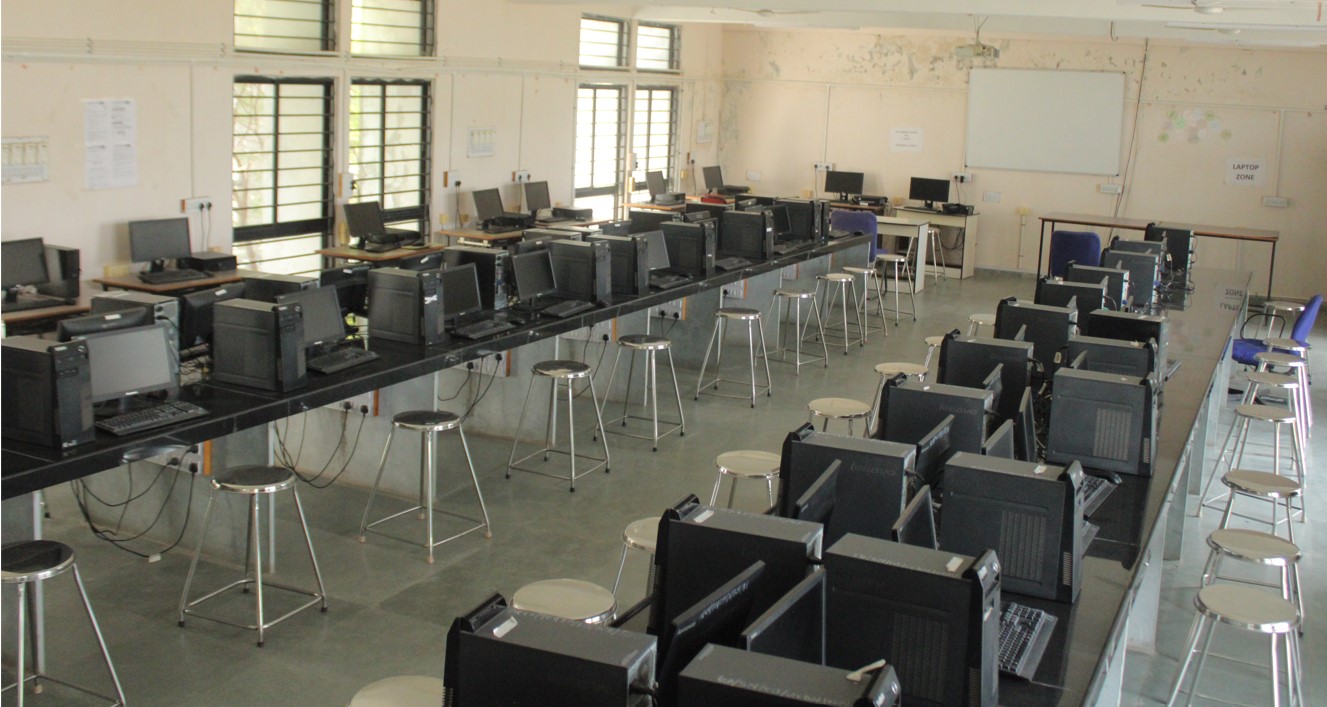
Network lab
The area of this lab is 422.28sqm. Network Lab has total 30 computers with high configuration. All are connected in LAN.
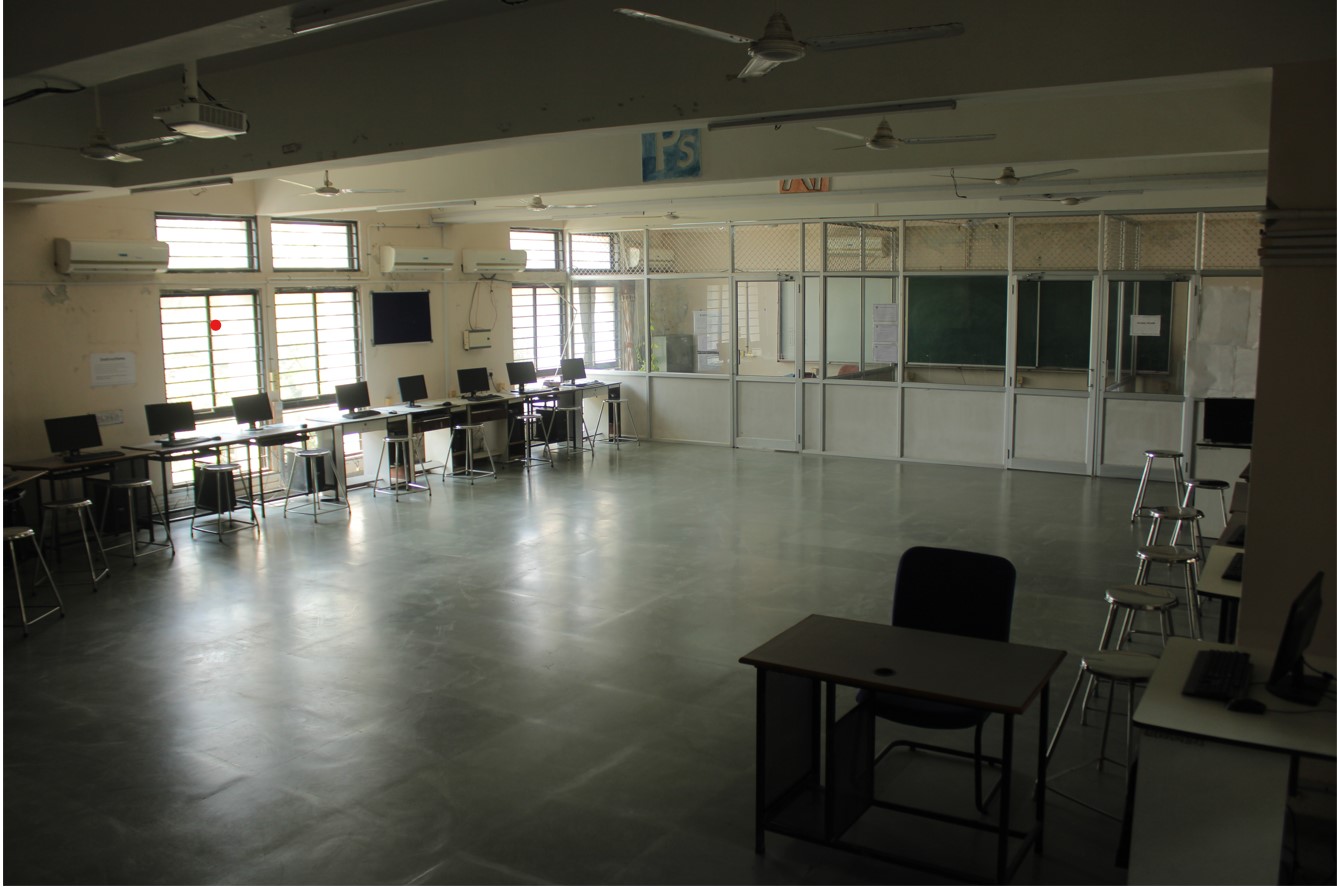
Hardware Lab
This is a new lab we developed under TEQIP Project. It has Digital Trainer Kits, Microprocessor Kit and other IO Board and Kits used in various subjects like Basic Electronics, Digital Electronics, Microprocessor and Interfacing.


